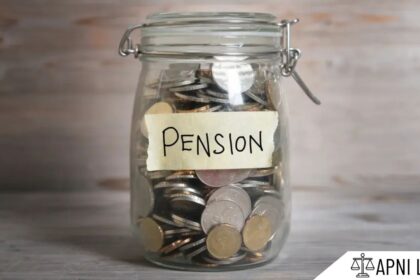Code
Section 164 of the Code of Criminal Procedure (CrPC) states that a confession made by an accused person can be recorded by a Magistrate. The confession must be made voluntarily, and the Magistrate must ensure that the accused understands the nature and consequences of the confession.
Explanation
This section, when read in conjunction with Section 31 of the Prevention of Corruption Act, 1988, outlines specific procedures for recording confessions in cases involving corruption. Key points include:
- The confession must be recorded in the presence of a lawyer representing the accused.
- The accused must be informed of their right to remain silent.
- The confession must be recorded in the language understood by the accused.
- The Magistrate must ensure that the accused is not coerced or induced into making a confession.
Illustration
Imagine a government official is accused of accepting a bribe. During the investigation, the official confesses to the crime to the investigating officer. This confession, however, cannot be used as evidence unless it is recorded by a Magistrate under Section 164 CrPC in accordance with the provisions of Section 31 of the Prevention of Corruption Act. The Magistrate will ensure that the confession is voluntary, made in the presence of a lawyer, and recorded in a language understood by the accused.
Common Questions and Answers
Q: Is it mandatory for an accused to have a lawyer present during the recording of a confession under Section 164 CrPC?
A: Yes, it is mandatory under Section 31 of the Prevention of Corruption Act for a lawyer to be present during the recording of a confession in corruption cases. The accused must be informed of their right to remain silent and must be allowed to consult with their lawyer.
Q: Can a confession recorded under Section 164 CrPC be used as evidence against the accused?
A: Yes, a confession recorded under Section 164 CrPC can be used as evidence against the accused, provided it is found to be voluntary and made without any coercion or inducement. The court will scrutinize the circumstances under which the confession was made to ensure its admissibility.
Q: Can a confession made to an investigating officer be considered as evidence?
A: No, a confession made to an investigating officer cannot be considered as evidence unless it is recorded by a Magistrate under Section 164 CrPC and meets the requirements of the relevant law.







